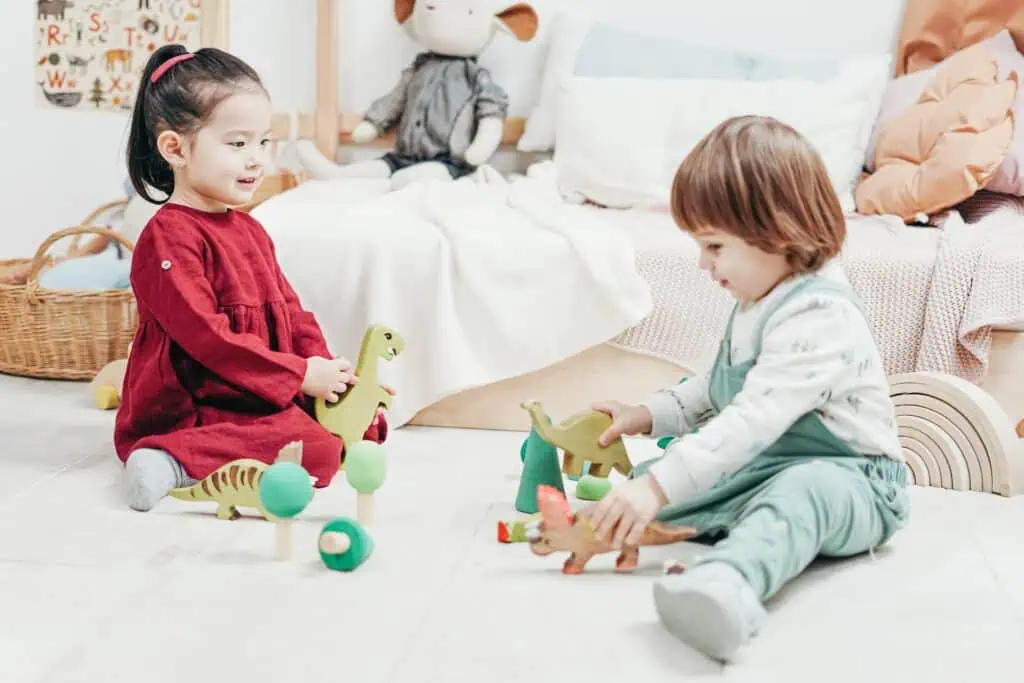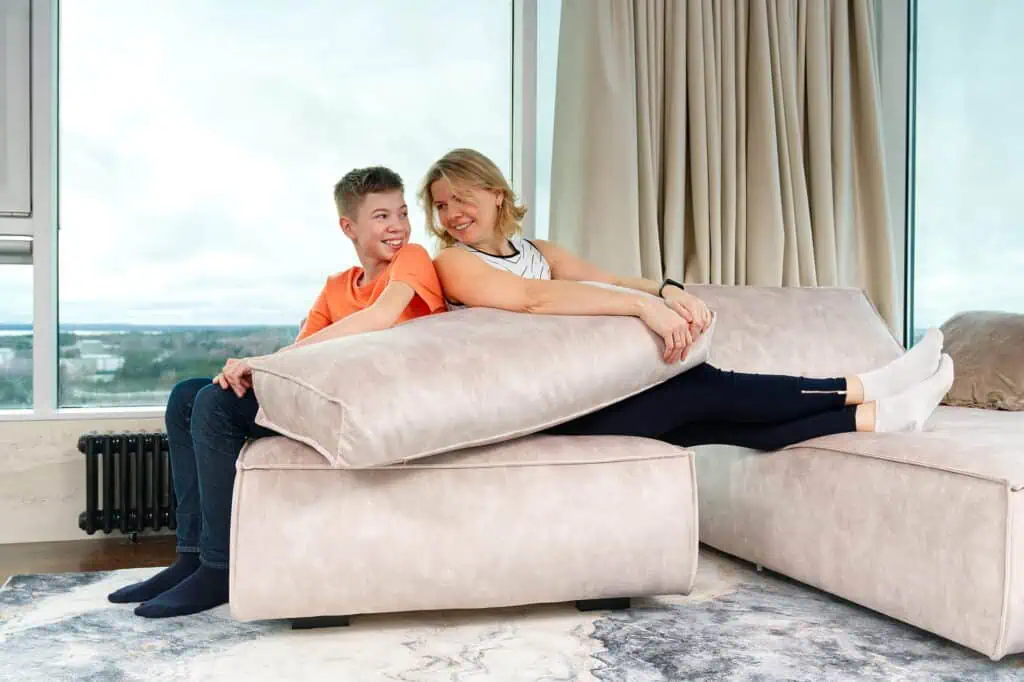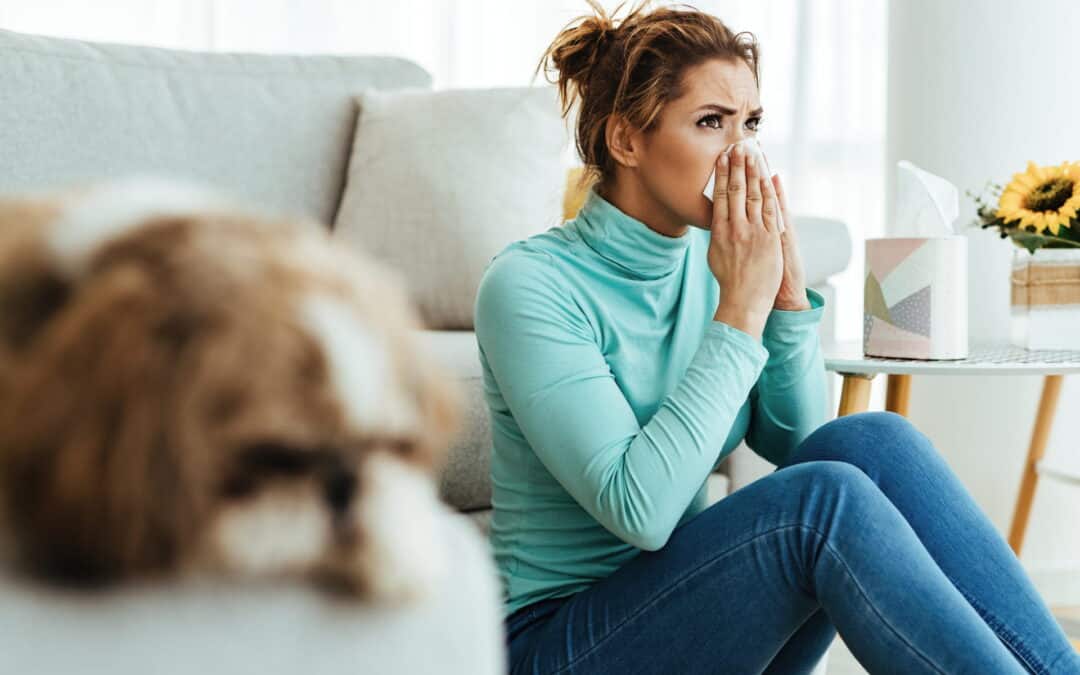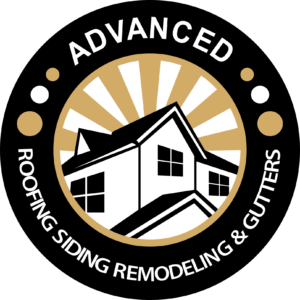Allergens trapped in carpets pose persistent challenges for home and business owners seeking healthier indoor environments. Carpet cleaning services significantly reduce allergen exposure, creating cleaner, safer spaces for families and employees. Covington Carpet Cleaning Co. emphasizes, “Regular professional cleaning substantially cuts down allergens, promoting better respiratory health.” Understanding the detailed techniques professionals use allows property owners to fully appreciate these health benefits.
1. Steam Cleaning to Eliminate Allergens
Steam cleaning, known professionally as hot water extraction, effectively penetrates carpet fibers to dislodge and extract deeply embedded allergens. This process involves injecting heated water mixed with specialized cleaning agents directly into the carpet, breaking down allergens thoroughly. One household observed noticeable improvement in their allergy symptoms after a single professional steam cleaning session. According to EPA guidelines, steam cleaning methods effectively remove approximately 98% of common household allergens.
- Effectively removes dust mites
- Thoroughly eliminates pet dander
- Significantly reduces pollen residues
2. Vacuuming with HEPA Filters
Professional carpet cleaning services use vacuums fitted with High-Efficiency Particulate Air (HEPA) filters to capture microscopic allergens that traditional vacuums leave behind. HEPA filtration traps allergen particles as tiny as 0.3 microns, substantially improving indoor air quality. After switching to professional vacuuming, several homeowners reported decreased allergic reactions and improved respiratory comfort. According to the U.S. Department of Energy, HEPA filters trap at least 99.97% of airborne particles, enhancing overall cleanliness.
- Traps microscopic dust particles
- Dramatically reduces airborne contaminants
- Improves indoor air purity
3. Allergen-Free Cleaning Solutions
Professional carpet cleaning companies often choose eco-friendly, allergen-safe cleaning solutions to prevent irritation from chemical residues. These carefully selected cleaning agents are gentle yet highly effective, ensuring carpets remain allergen-free without introducing harmful substances. Residents sensitive to chemical cleaners have experienced fewer allergic reactions with this approach. The CDC recommends environmentally friendly cleaning products for households prone to allergies or sensitivities.
- Reduces chemical irritants
- Protects vulnerable individuals
- Ensures residue-free carpets

4. High-Powered Suction Removes Deep Allergens
Specialized carpet cleaning equipment with high-powered suction capabilities removes allergens deeply entrenched within carpet fibers. This process significantly reduces allergen buildup by extracting dirt, dust, and microscopic debris that standard cleaning equipment cannot reach. A local commercial property owner noted visibly cleaner carpets and noticeably fresher air following professional cleaning services. OSHA emphasizes the necessity of powerful extraction equipment to prevent harmful allergen accumulation.
- Deeply cleans embedded dirt
- Minimizes allergen accumulation
- Achieves extensive cleanliness
5. Applying Specialized Anti-Allergen Treatments
After initial cleaning, professional carpet cleaners often apply specialized anti-allergen treatments. These treatments form a barrier that neutralizes allergenic proteins, significantly reducing allergen exposure between cleaning sessions. Commercial spaces particularly benefit from this ongoing protective measure. Studies from allergy associations indicate that these post-cleaning treatments provide lasting relief from allergens.
- Neutralizes harmful allergen proteins
- Provides extended protection
- Ideal for areas with high foot traffic
6. Fast-Drying Techniques to Avoid Mold
Rapid drying methods implemented by professional carpet cleaners greatly reduce the risk of mold and mildew growth, common triggers for allergies. Thoroughly drying carpets within 24-48 hours is essential to avoid allergen-promoting mold spores. Many property owners have experienced fewer allergy-related symptoms by opting for quick-dry carpet cleaning services. The EPA strongly advises rapid drying methods to mitigate mold-related health risks effectively.
- Prevents mold and mildew growth
- Decreases allergens associated with humidity
- Promotes healthier indoor conditions
7. Comprehensive Upholstery Cleaning
Cleaning upholstery in tandem with carpets is essential since fabrics can trap allergens and subsequently contaminate cleaned carpets. Allergens in upholstery materials often lead to persistent allergy symptoms unless addressed simultaneously with carpet cleaning. Homeowners frequently notice reduced symptoms once professional cleaners treat upholstery alongside carpets. Health guidelines suggest upholstery cleaning every 12-18 months as a best practice for minimizing allergens.
- Removes allergens from furniture
- Prevents re-contamination of clean carpets
- Ensures thorough allergen control

Key Takeaways for Effective Allergen Removal
- Steam cleaning effectively reaches deep into carpet fibers.
- HEPA filtration substantially improves indoor air quality.
- Eco-friendly cleaning products help protect sensitive individuals.
- Powerful suction equipment removes deeply embedded allergens.
- Anti-allergen treatments provide extended protection.
- Quick-drying methods significantly reduce mold risks.
- Upholstery cleaning is crucial for overall allergen reduction.
Frequently Asked Questions on Carpet Cleaning and Allergens
Can professional carpet cleaning completely remove allergens? Professional carpet cleaning significantly lowers allergen levels, dramatically improving indoor air quality and alleviating allergy symptoms.
Is steam cleaning or dry cleaning better for allergy sufferers? Steam cleaning is generally superior due to its ability to penetrate deeper into carpets and extract a greater quantity of allergens compared to dry cleaning.
How frequently should carpets be professionally cleaned to control allergens? Professional cleaning every 6 to 12 months is optimal for controlling allergens, depending on foot traffic and individual sensitivity to allergens.
What are signs that my carpet cleaning helped reduce allergens? Reduced allergy symptoms, improved respiratory comfort, and noticeably fewer allergic reactions indicate successful allergen removal.
Does upholstery cleaning significantly impact allergen reduction? Yes, cleaning upholstery is essential since allergens trapped in fabrics can reintroduce contaminants into freshly cleaned carpets.
Louisiana News Post provides expert advice on home and garden services like gardening, landscaping, hardscaping, renovating, remodeling, roofing, HVAC, and interior design to help readers create their dream spaces. Their practical tips and creative solutions are inspired by years of hands-on experience and a commitment to affordable living. Whether you’re a seasoned handyman or just starting to explore home improvement, Louisiana News Post’s articles are a reliable resource for innovative ideas and detailed guidance.








